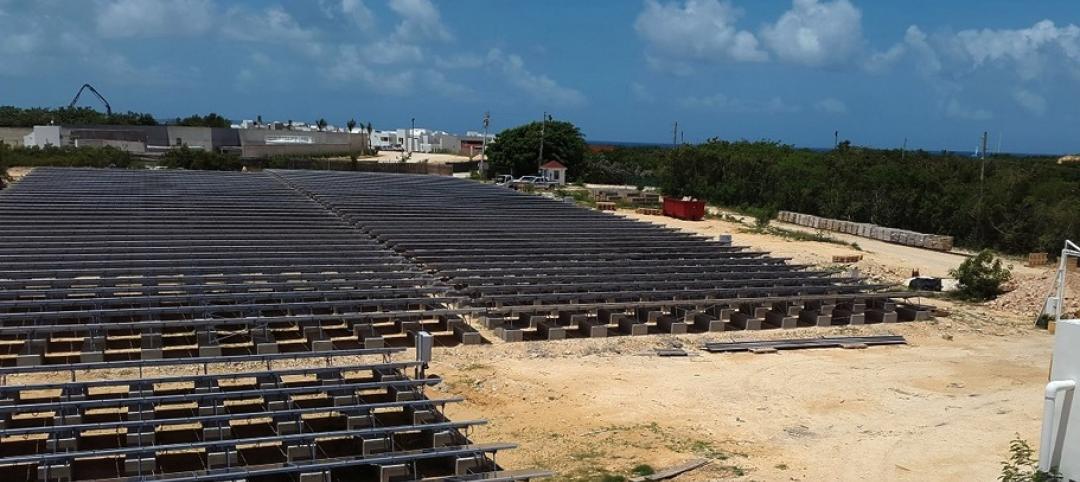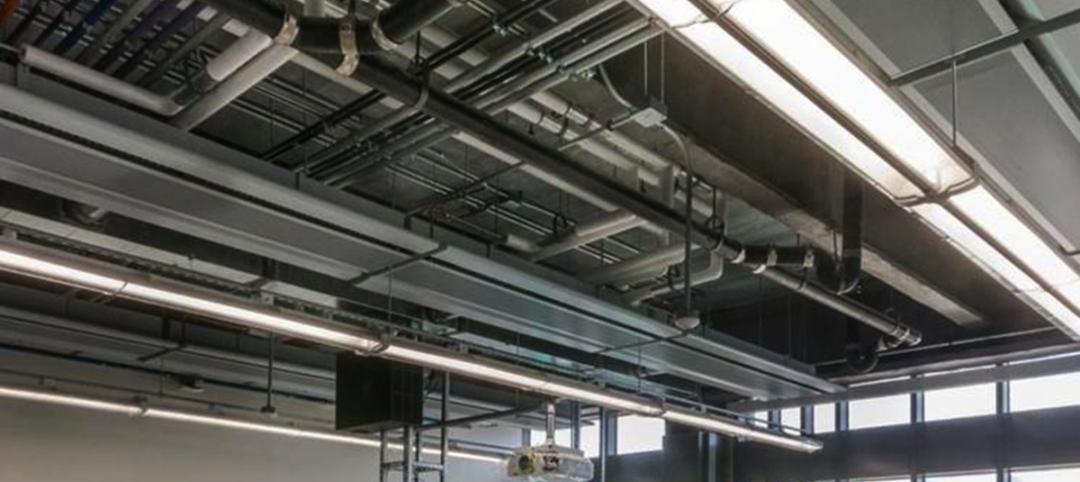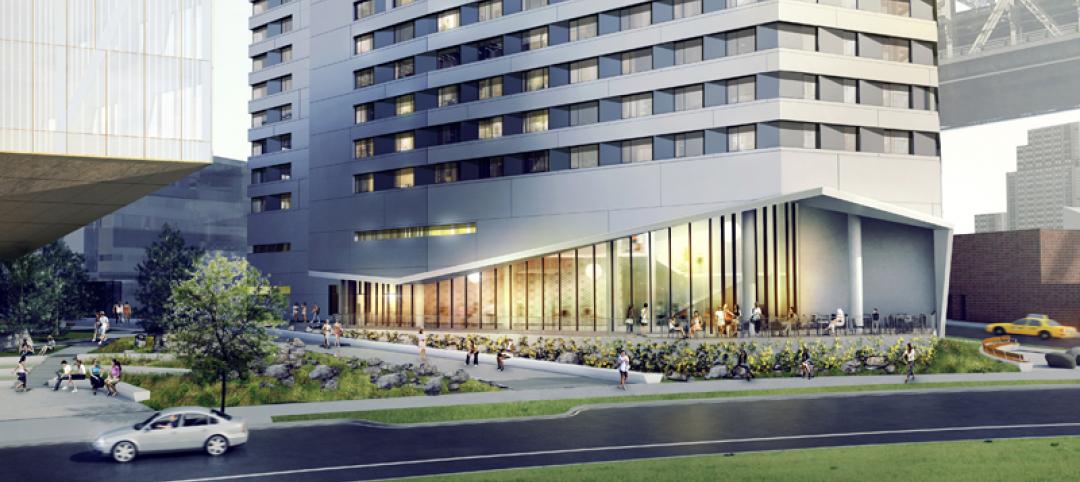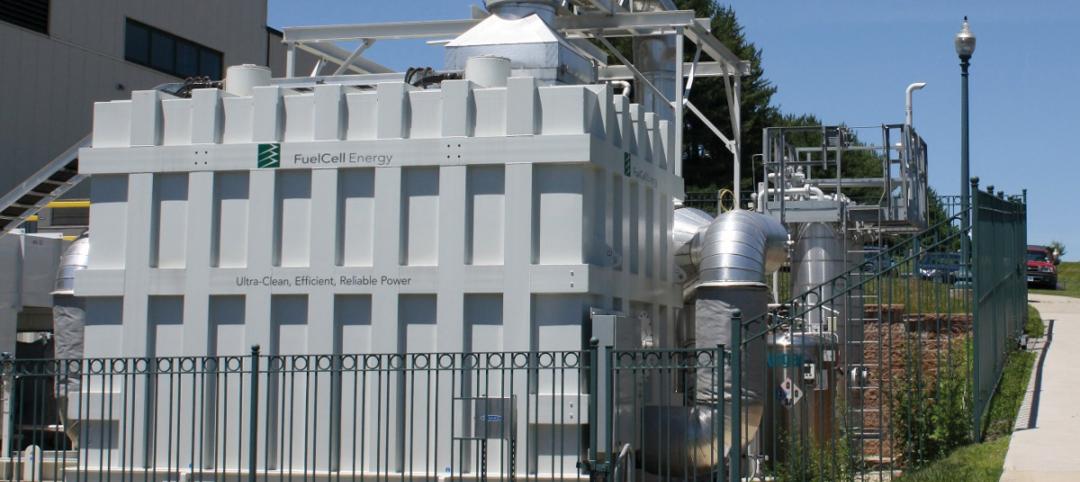Sasaki is hoping to create a new approach to urban agriculture with a 100-hectare swath of land between Shanghai’s main international airport and the city center.
The new plan for the district will integrate vertical farming systems with research and public outreach. The goal is to create a ‘living laboratory’ for innovation and education. Sasaki hopes to merge indoor and outdoor agricultural experiences in Sunqiao and turn the city’s food production into a social experience.
In addition to the very practical purpose of providing the city with food, Sunqiao will also help to educate the surrounding children about where their food comes from. A science museum, aquaponics showcase, skygarden, and interactive greenhouse are all included to help educate the population and include them in the growing process.
According to Sasaki, 56% of the vegetables consumed in the Shanghainese diet are leafy greens such as spinach, kale, and bok choi. The reason this is important is because these are the exact type of vegetables that thrive in the simple setups vertical farming can easily provide. They grow quickly, weigh little, and do not require a lot of attention.
The master plan does not just call for Sunqiao to become a completely agricultural district. A public plaza, civic plaza, digital amphitheater, commercial center, and office towers will turn the area into a true mixed-use development.
Construction will begin in 2017.
 Image courtesy Sasaki.
Image courtesy Sasaki.
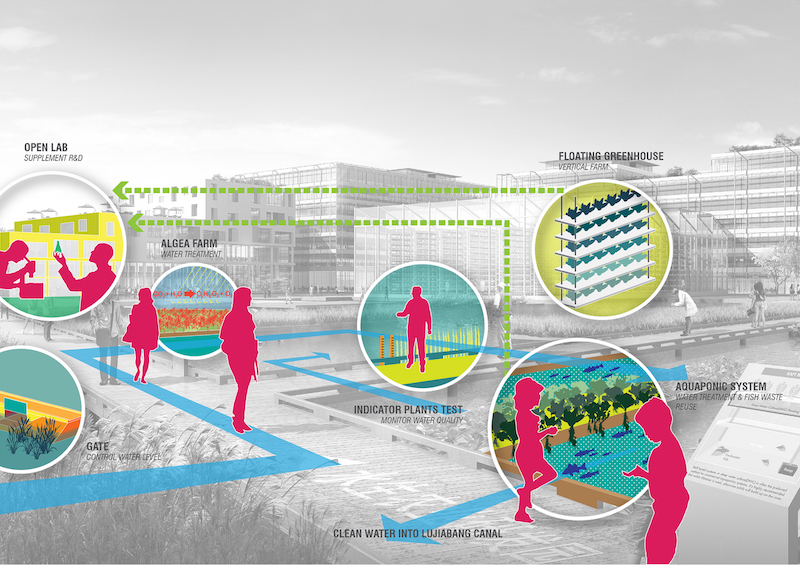 Image courtesy Sasaki.
Image courtesy Sasaki.
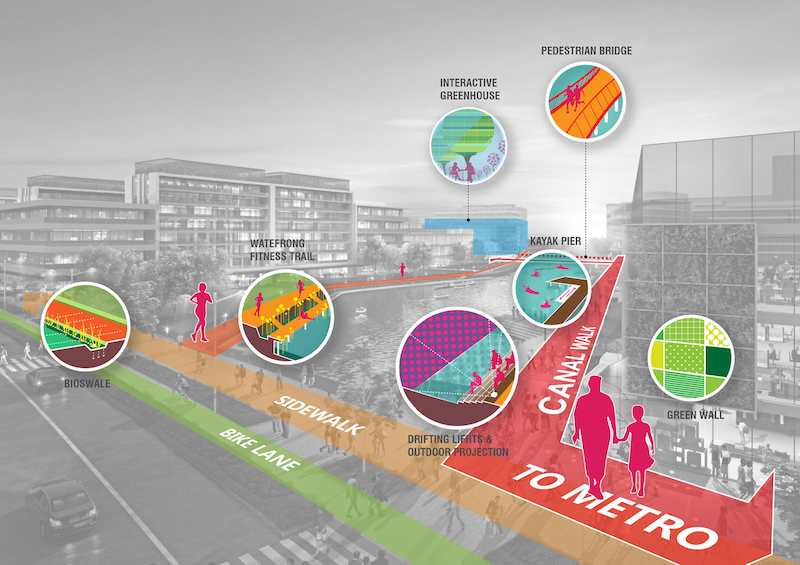 Image courtesy Sasaki.
Image courtesy Sasaki.
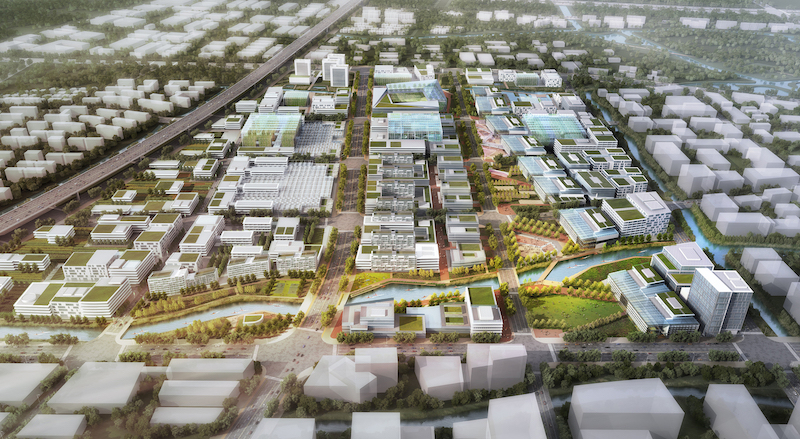 Image courtesy Sasaki.
Image courtesy Sasaki.
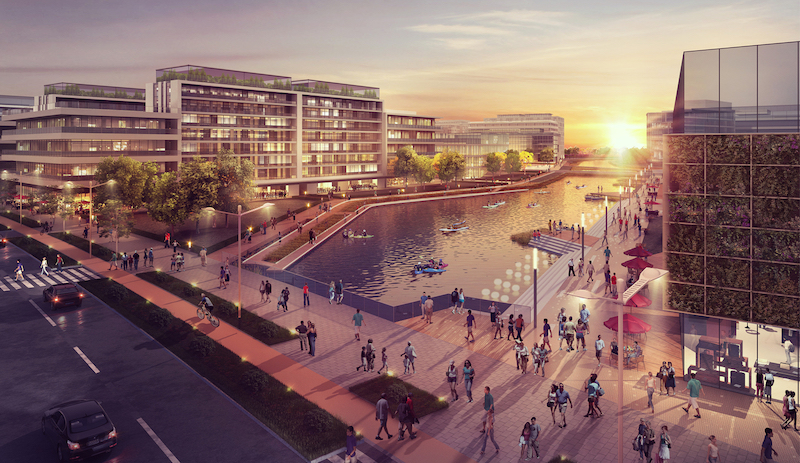 Image courtesy Sasaki.
Image courtesy Sasaki.
Related Stories
Green | Jun 29, 2015
Rick Fedrizzi to step down as USGBC’s Chief Executive next year
Fedrizzi will be leaving an organization that has grown to 76 chapters. The Washington, D.C.-based USGBC employs 260 people, and last year reported $74.1 million in revenue.
Green | Jun 26, 2015
Training center for electricians in L.A. focuses on net zero technologies
Construction has begun Los Angeles County on what is being called the nation’s largest Net Zero Plus retrofit of a commercial building.
Green | Jun 24, 2015
6 steps toward better water management [AIA course]
When it comes to water conservation, Building Teams tend to concentrate on water-efficient plumbing fixtures, irrigation controls, graywater capture, and ways to recycle condensate from air-conditioning systems. Yet many of the best opportunities for saving water begin with big-picture thinking in a project’s earliest phases.
Green | Jun 19, 2015
3 steps toward sustainable landscape architecture
A water-conscious, sustainable landscape is easily achievable, and the options for native and drought tolerant plants far exceed cacti and succulents, writes LPA's Richard Bienvenu.
Green | Jun 18, 2015
‘Solar water’ poised as global solution
Strapped with both water and energy crises, several island nations are investing in solar-powered water plants to attain more resilient water and power sources.
Lighting | Jun 17, 2015
LED lighting: Replaceable or disposable?
While first generation LED lighting fixtures were basically your standard incandescent or fluorescent housing retrofitted with LED light boards, manufacturers have now begun designing fixtures around the LEDs, writes SmithGroupJJR's Michael Nowicki.
High-rise Construction | Jun 15, 2015
Cornell Tech breaks ground on world's first Passive House residential high-rise
To achieve Passive House standards, Cornell Tech Residential will incorporate a number of sustainability-focused design elements. The façade, constructed of a prefabricated metal panel system, acts as a thermally insulated blanket wrapping the building structure.
Green | Jun 10, 2015
GBCI launches rating system for sustainable landscapes
The new SITES rating system can be applied to development projects located on sites with or without buildings, ranging from national parks to corporate campuses, streetscapes and homes, and much more.
Green | Jun 9, 2015
Fuel cell technology makes its way into energy generation
Demand for fuel cells, while modest, is growing, and cost savings are getting noticed.


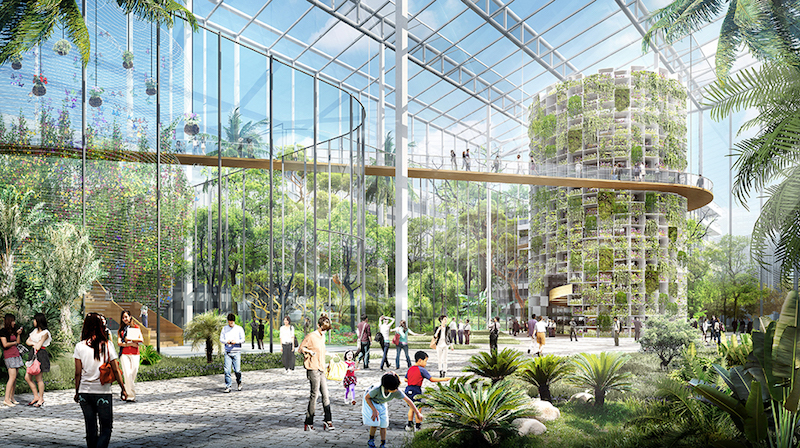
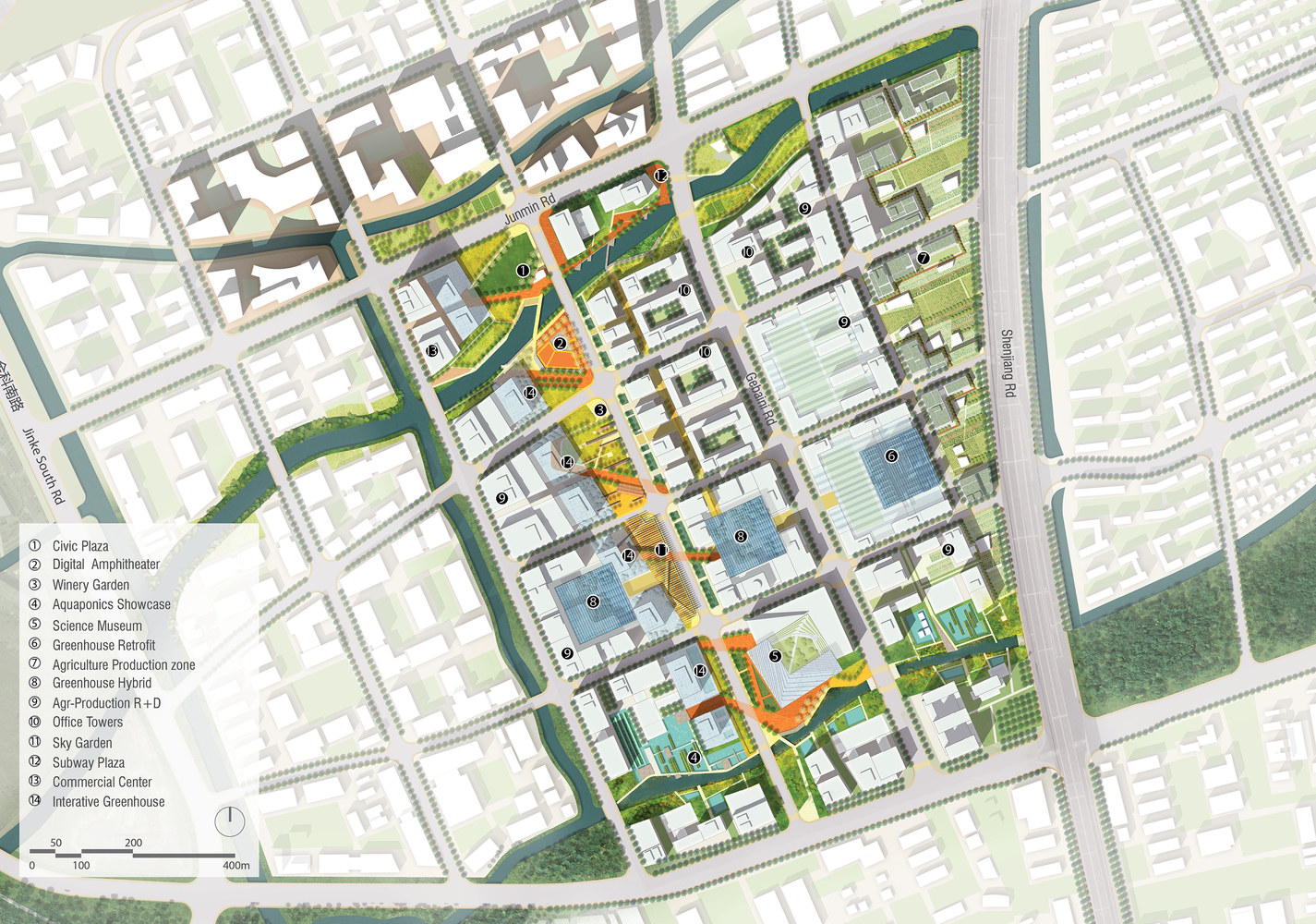

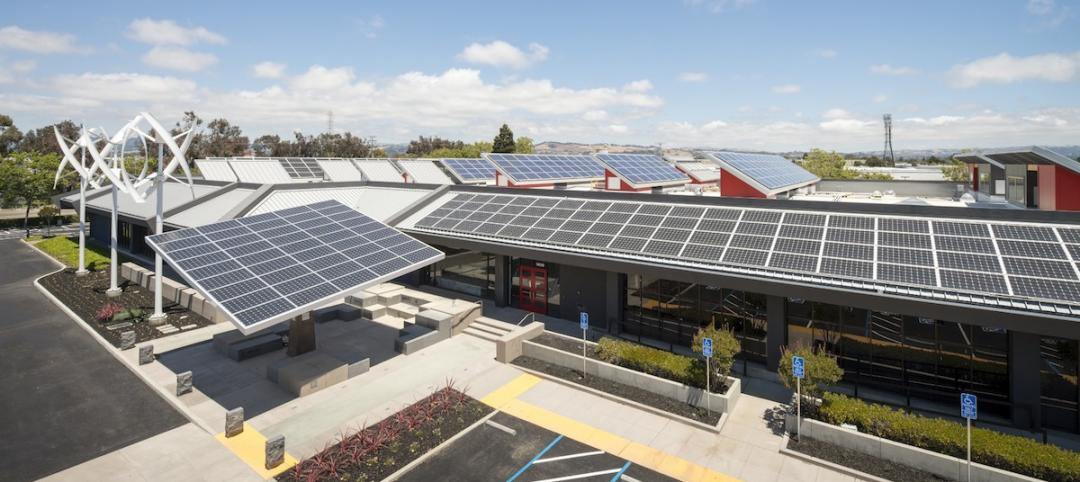
![6 steps toward better water management [AIA course] 6 steps toward better water management [AIA course]](/sites/default/files/styles/list_big/public/VanDusen513.026_grassfix_stairfix.jpg?itok=K8oOWak9)

